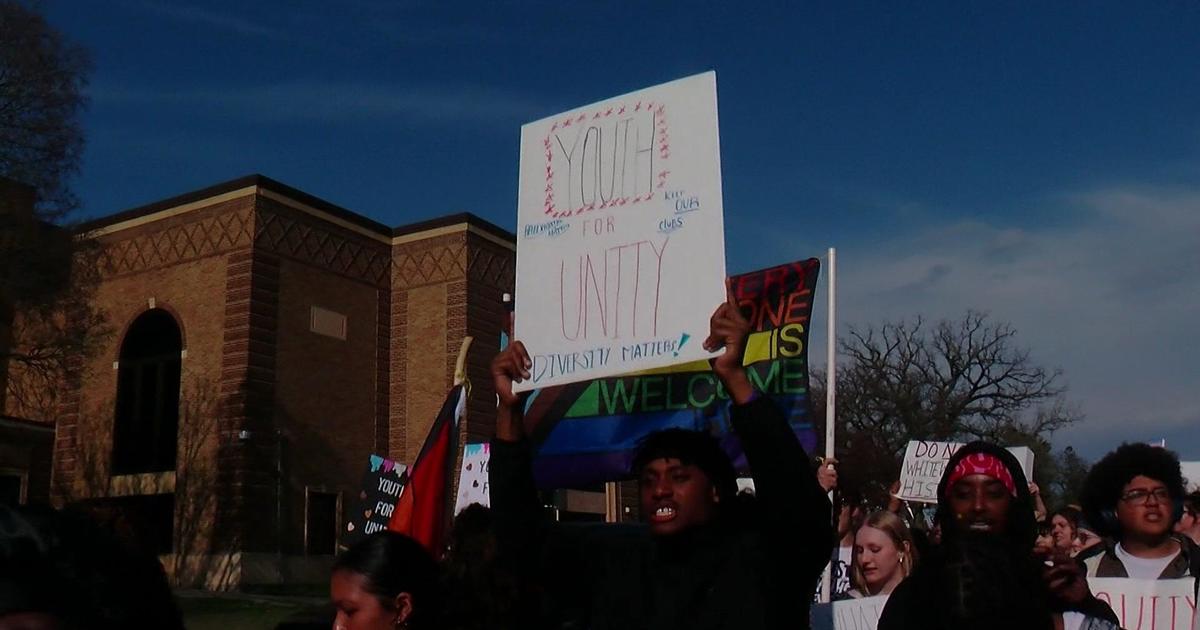Defenders Of Minn. Men Accused Of Trying To Join ISIS Claim Entrapment
MINNEAPOLIS (WCCO) -- Defenders of the Minnesota men accused of trying to join ISIS say the FBI entrapped them.
The government charged four men and two of their friends with trying to go overseas: Mohamed Abdihamid Farah, 21; Adnan Abdihamid Farah, 19; Abdurahman Yasin Daud, 21; Zacharia Yusuf Abdurahman, 19; Hanad Mustafe Musse, 19; and Guled Ali Omar, 20.
But the suspects' supporters say it was really a paid FBI informant who got them their fake passports.
The informant in this case was a friend of the suspects and was at one point part of the alleged plot.
Prosecutors say secret recordings he made help show this is clearly not a case of entrapment.
The secret recordings appear devastating. Guled Omar is quoted saying, "I had three friends lying for me," referring to a failed attempt to leave the country and join ISIS.
Abdurahman Daud is quoted as saying, "This, that's fraud," and then,"Yeah, I'ma go to jail. I don't care," referring to a plan to get fake passports.
Larry Leventhal is a criminal defense attorney.
"You have to be careful about quotes from tapes," Leventhal said. "Statements have to be placed into context."
Leventhal was on the defense team in a notorious Minnesota case 20 years ago that imploded because of the role of a paid informant.
Qubillah Shabazz -- the daughter of Malcolm X -- was charged with plotting the murder of Louis Farahkhan, the leader of the Nation of Islam at the time. She believed he had a role in the murder of her father.
But secret recordings by informant Michael Fitzpatrick were not as damming as prosecutors first said, and they also suggested the plot was his idea.
"Their's is a defense of entrapment," Leventhal said.
Fitzpatrick was paid $34,000 by the FBI. The informant in the terror case has been paid $12,000. And even though he tried to leave the country at one point to join ISIS himself, he has not been charged.
"When the government is giving deals such as you don't get prosecuted … or you're going to get some money, there's motivations that enter in, motivations that may overshadow any motivation to tell the truth," Leventhal said.
On the other hand, the 2009 Tom Petters case is an example of how an informant and secret recordings can be devastating for the defense.
The U.S. Attorney's office is not commenting on any possible charges against the informant in the terror cases.



